
Commentaries | Jul 06,2019
House units under construction by a state-owned company remain in limbo due to financial shortages while officials contemplate selling parts of the units to finance the rest. The Federal Housing Corporation faces a liquidity crunch, and approached private banks for loans, but the banks asked the Corporation to show 30pc of finance before facilitating the rest.
However, this did not bear fruit for the Corporation.
Under Reshad Kemal, the Corporation received 1.6 billion Br in revenues from 18,600 residential and commercial units in Dire Dewa and Addis Abeba. Haileberhan Zena, the deputy head of the Corporation, hopes the number will reach 20,000 when some of their projects in the capital are finished. Despite this, the Corporation is still facing financial shortages.
Experts from the Corporation conducted a study to adjust unit rental fees. However, it could not be implemented due to the Addis Abeba City Administration banning housing rental fee rise. This restriction has been extended for an additional six months by the City Cabinet.
The housing shortage in the capital has been exacerbating over the years, with rent prices increasing and income stagnating.
Samuel Mulat, 49, who moved to the capital from Methara town after securing a job, has been living with his wife in a rental house around the Wossen neighbourhood in the north-eastern part of the city. He is employed under one of the City Administration bureaus; two-thirds of his 9,000 Br net pay goes to pay rent. He recalled when he used to pay a monthly rent of 300 Br when he first came to the capital in 2009.
"I spend most of my income on rent," he told Fortune.
To earn extra cash, Samuel trains in the gym near his home. He has saved 1,000 Br a month for the condominium housing program for 10 years, hoping and waiting for the next draw to become a homeowner.
The finance shortage has caused concern for the Ministry of Urban & Development. The lack of construction of condominiums in the budget year was revealed to Parliamentarians during the six-month performance report. However, officials hope there will be progress in the second half of the budget year since 25,000 housing units are transferred to their owners, easing the loan burden from the state-owned Commercial Bank of Ethiopia (CBE).
Mayor Adanech Abiebie, last week, gave instructions to address the cost variation and shortage of construction inputs to complete ongoing condominium projects before the end of the year. The Ministry intends to construct 4.8 million housing units, with 80pc to be built by the private sector. Real estate developers, public-private partnerships, and unions are considered to take the lion's share of housing construction under its 10-year plan.
The Ministry wants to hire consultants to study alternative approaches to housing development, the legal system, and institutional structure. It is part of the 859.5 million dollar World Bank's urban institutional and infrastructure development program that will continue until January 2024. Alemayehu Aleto, the project coordinator, believes the consultant's primary responsibility on a project run by the Ministry is to recommend a sustainable funding method for housing development.
"It will ease the burden even if it doesn't fully cover the costs," said Haileberhan.
The project office declined to disclose if any company has shown interest.
Consultants and experts agree the long-term solution to the housing problem lies in public-private partnerships.
Oeiryt Consultancy Services, on DR Congo Street in front of Dembel City Center, was incorporated in 2017 to consult on business developments. Its General Manager, Wondwossen Beyene, believes prospective developers` desire to engage in partnership might increase if the government allows duty-free shipments of construction inputs.
"That will increase their profit margin," he said.
Editor's Note: This story has been updated from its original version on basis of clarification from the Federal Housing Corporation on a few elements.
The "incomplete projects" are not tied to the Corporation's financial shortage.
The corporation has 2.2 billion Br in annual revenue and completed six project sites in two years.
This article was updated on March 20 2023.
PUBLISHED ON
Mar 11,2023 [ VOL
23 , NO
1193]

Commentaries | Jul 06,2019
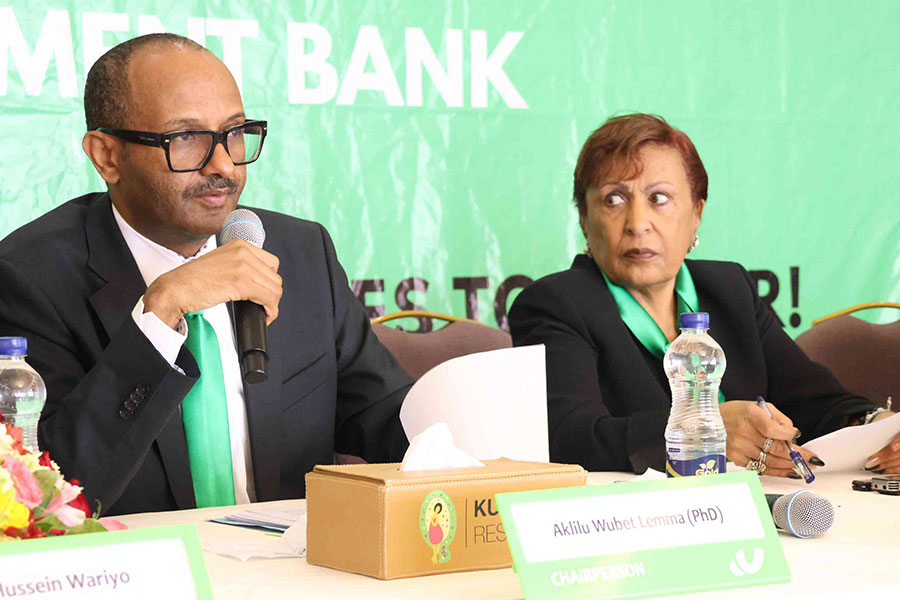
Fortune News | Oct 12,2025

Editorial | Oct 15,2022
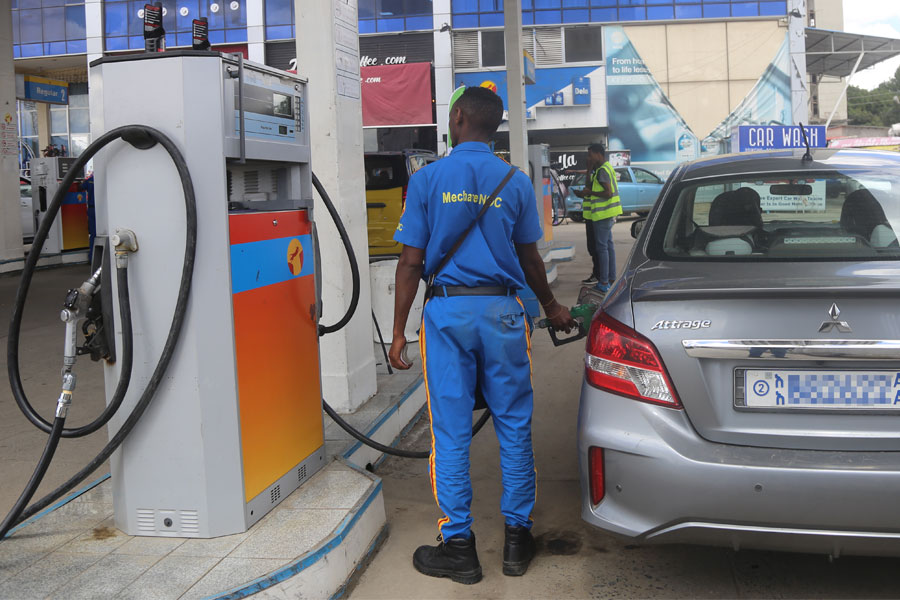
Fortune News | Oct 13, 2024

Editorial | Nov 04,2023

Addis Fortune Press Release | Oct 04,2024
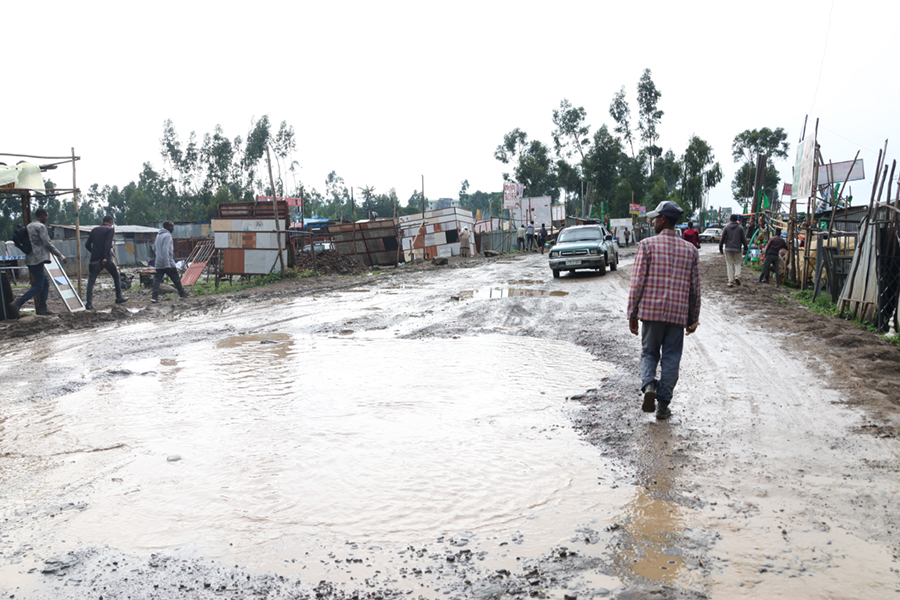
Agenda | Jul 07,2024
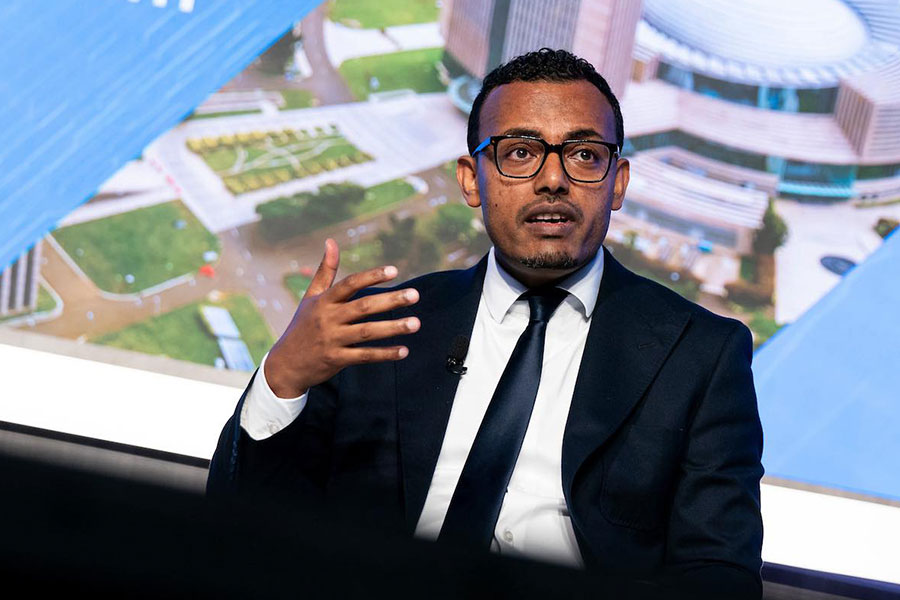
Fortune News | May 31,2025
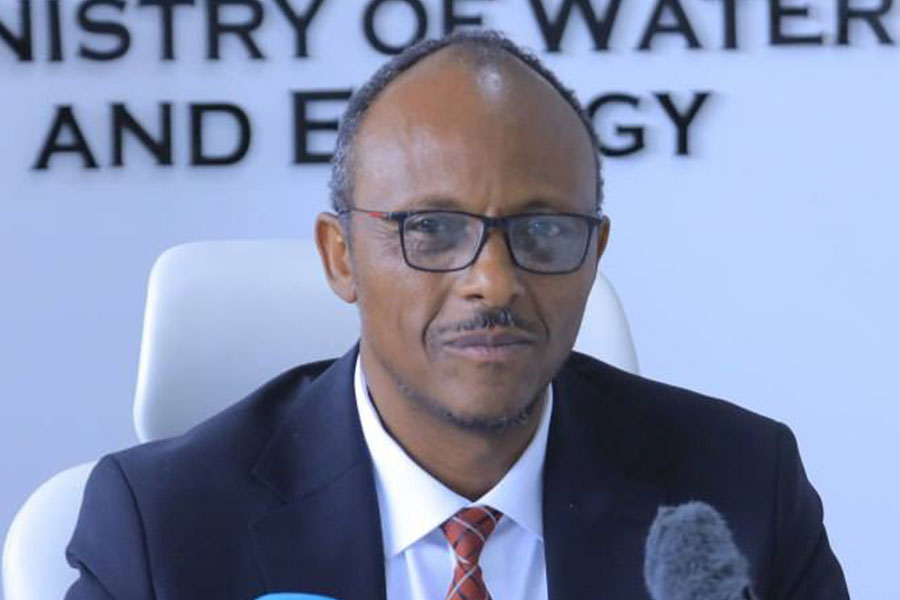
Fortune News | Jul 06,2025
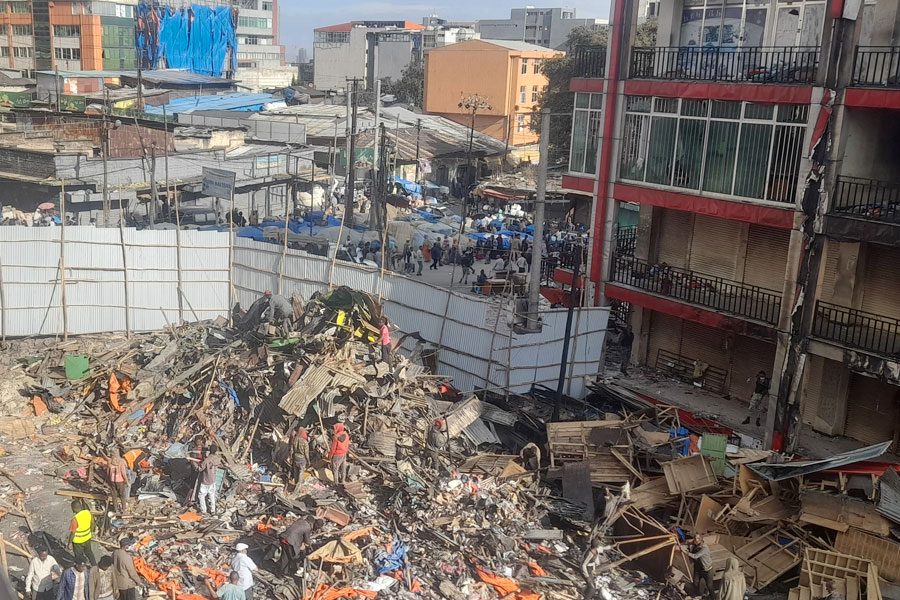
Featured | Oct 27,2024

Dec 22 , 2024 . By TIZITA SHEWAFERAW
Charged with transforming colossal state-owned enterprises into modern and competitiv...

Aug 18 , 2024 . By AKSAH ITALO
Although predictable Yonas Zerihun's job in the ride-hailing service is not immune to...

Jul 28 , 2024 . By TIZITA SHEWAFERAW
Unhabitual, perhaps too many, Samuel Gebreyohannes, 38, used to occasionally enjoy a couple of beers at breakfast. However, he recently swit...

Jul 13 , 2024 . By AKSAH ITALO
Investors who rely on tractors, trucks, and field vehicles for commuting, transporting commodities, and f...

Oct 25 , 2025
The regulatory machinery is on overdrive. In only two years, no fewer than 35 new pro...

Oct 18 , 2025
The political establishment, notably the ruling party and its top brass, has become p...

Oct 11 , 2025
Ladislas Farago, a roving Associated Press (AP) correspondent, arrived in Ethiopia in...

Oct 4 , 2025
Eyob Tekalegn (PhD) had been in the Governor's chair for only weeks when, on Septembe...